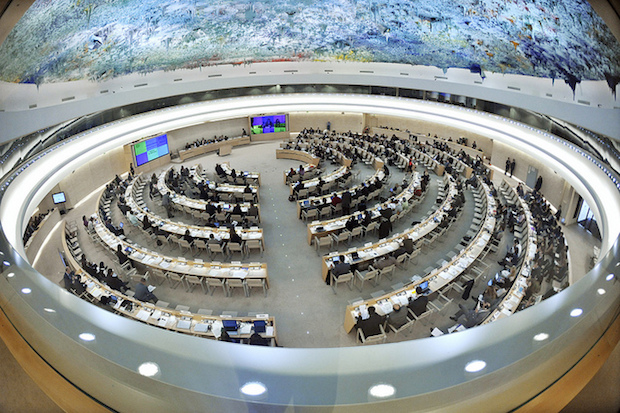Author: Corinne.Cath
News
- Articles from Policy & Internet
- Books
- Call for Papers
- Child Safety
- Collective Action
- Conferences
- Democracy
- Development
- Economics
- Education
- Environment
- Ethics
- Governance & Security
- Health
- Interviews
- Mapping
- Methods
- Policy
- Politics & Government
- Publications
- Social Data Science
- Submissions Closed
- Tools
- Video
- Wellbeing
-

Human Rights and Internet Technology: Six Considerations
—
in EthicsThe United Nations Human Rights Council has reaffirmed many times that “the same rights that…
-

Latest Report by UN Special Rapporteur for the Right to Freedom of Expression is a Landmark Document
—
in EthicsWhat is the responsibility of the private industry, which runs and owns much of the…